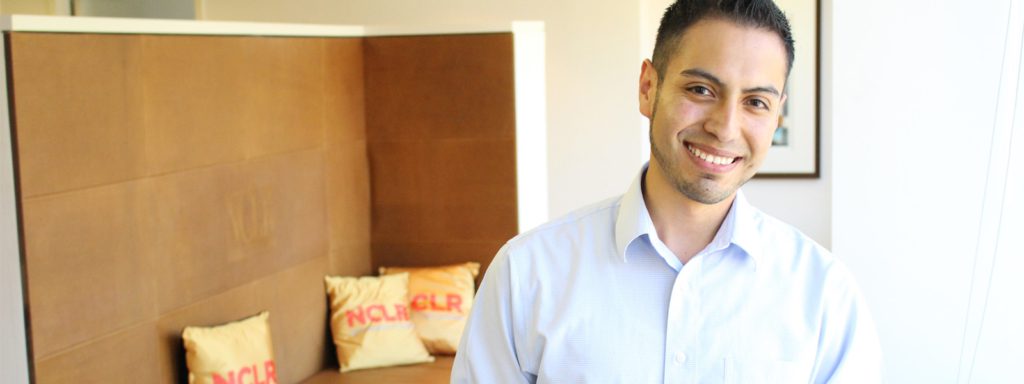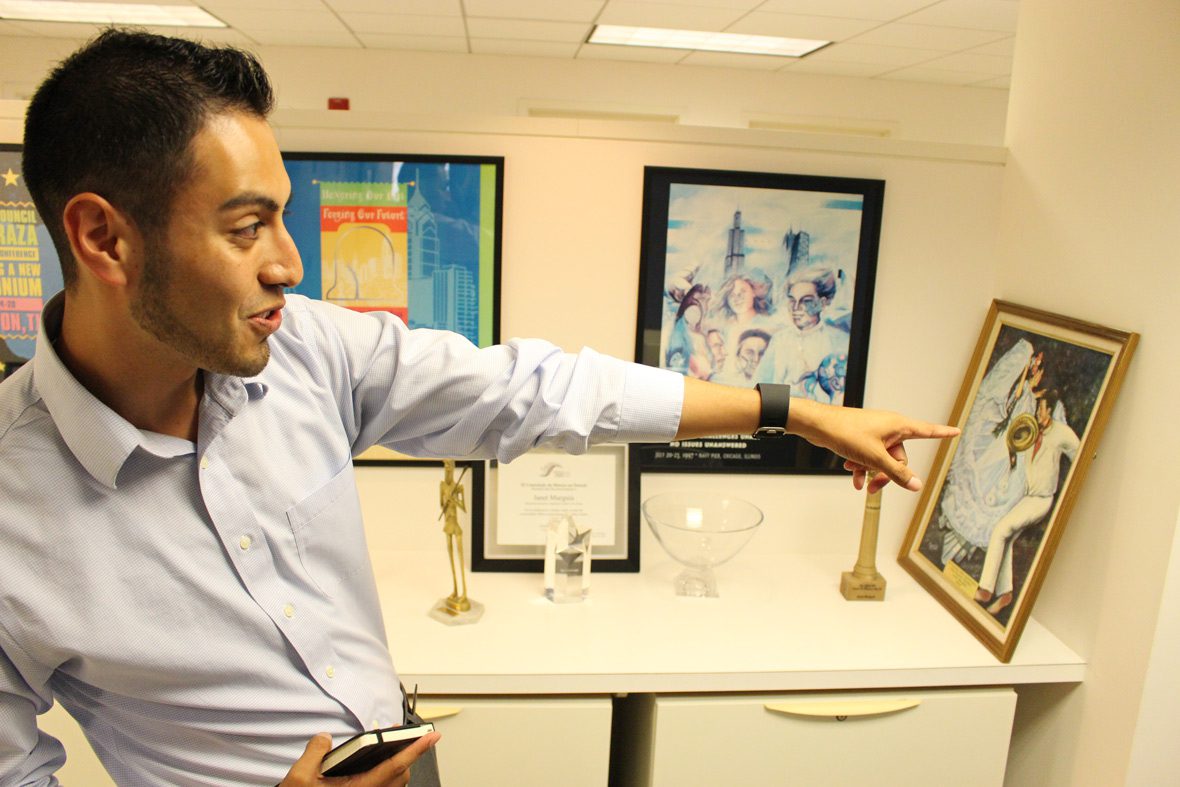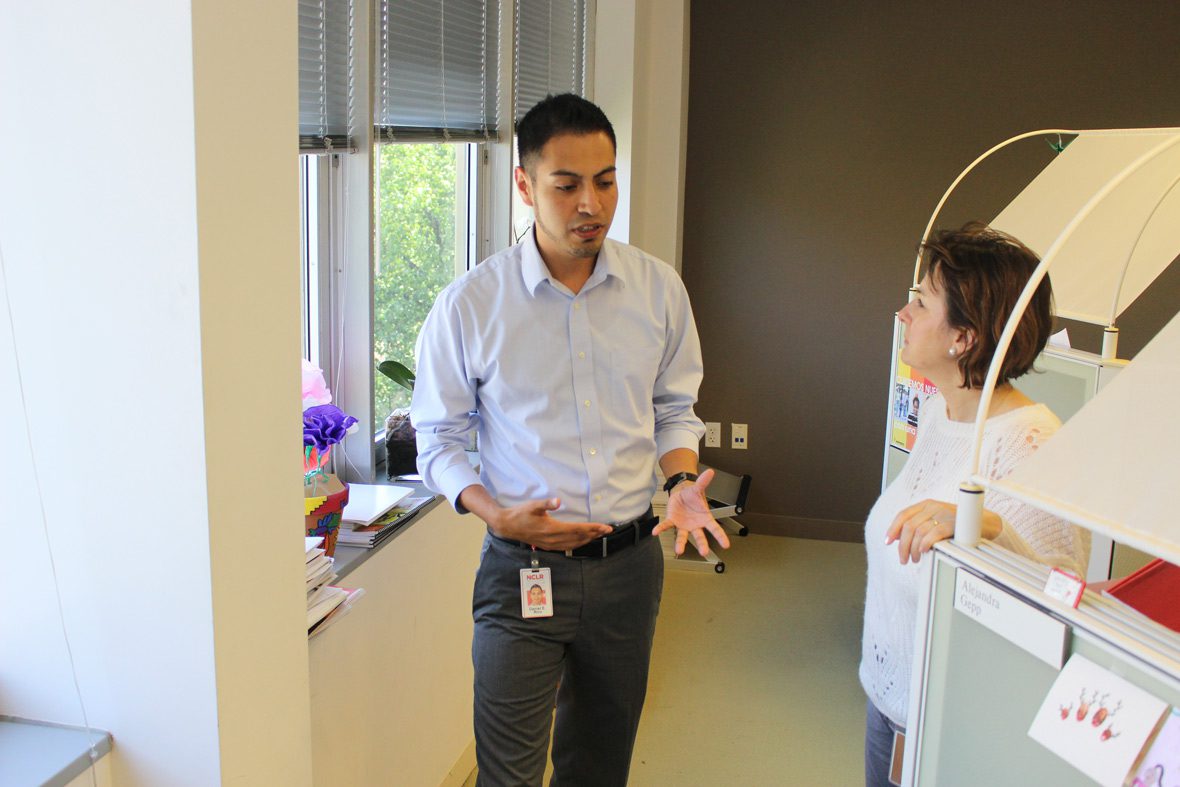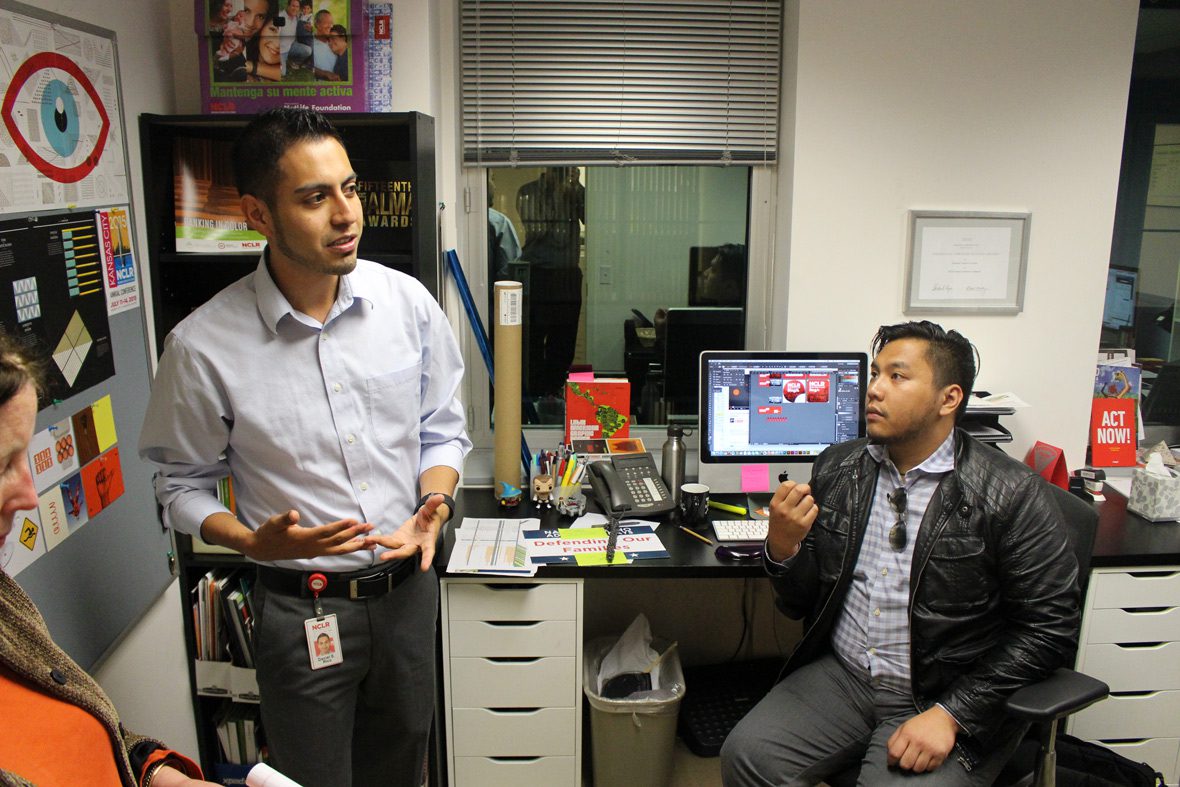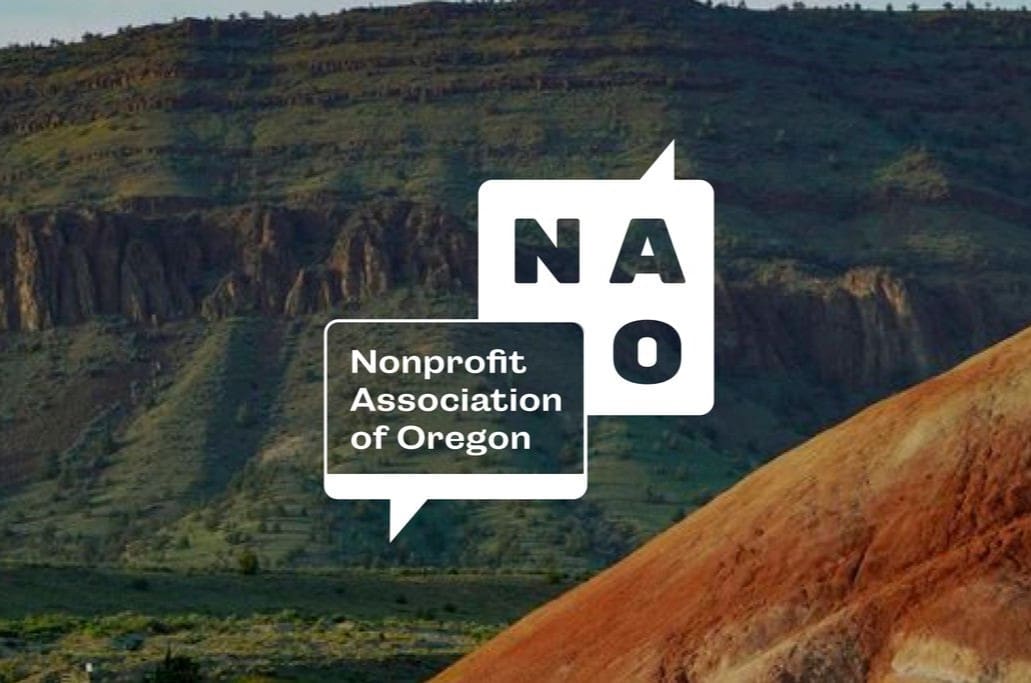Through the Eyes of Daniel Rico, Senior Coordinator of Grants and Special Programs
It is 9:00 a.m. on a Thursday in May and across the petal-strewn city of Washington, more than a million employees – government, nonprofit, and business – are starting their workdays. One of them, Daniel Rico, 27, is at his desk early as usual to catch up on the latest nonprofit headline news and research of relevance to his employer, the National Council of La Raza.
As the largest national Hispanic civil rights and advocacy organization in the U.S. NCLR works to improve opportunities for Hispanic Americans. With an affiliate network of nearly 300 community based organizations and six regional offices, NCLR relies on Daniel to oversee the grants supporting its regional strategy initiative. It also looks to him to provide technical assistance and nonprofit management to grow the collective strength of its affiliates.
They are a rich compendium of initiatives, including Affiliate of the Year, Family Strengthening Awards, Sight for Students, and Affiliate Capacity-Building Grant programs. But like all of his colleagues, Daniel is also caught up in the planning and execution of NCLR’s 2015 Annual Conference in Kansas City, not to mention next year’s gathering in Orlando. And in 2018, another kind of celebration will be in order: NCLR’s 50-year anniversary.
When I continue to see families ripped apart by a broken immigration system and Congress’ failure to act, it encourages me to work harder. This is personal, it’s familia.
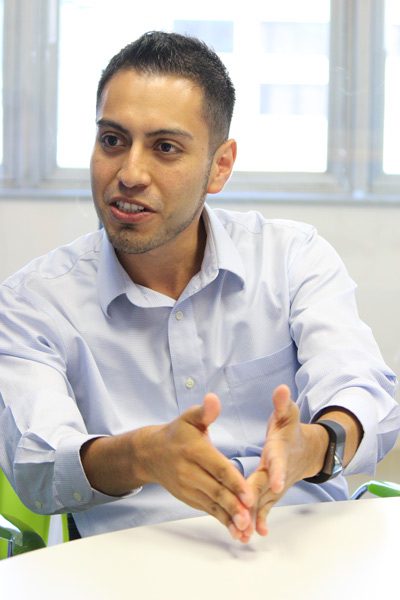 It is 11:00 a.m. and Daniel takes time to show ISQ visitors around the office, introducing them to colleagues, and talking about his work. Graphic designers and health specialists speak to their priorities and the work they enjoy pursuing with Daniel. It is easy to see why he sums up what is great about working at NCLR in just one word: “familia” – family – “our staff, affiliates, and community partners.”
It is 11:00 a.m. and Daniel takes time to show ISQ visitors around the office, introducing them to colleagues, and talking about his work. Graphic designers and health specialists speak to their priorities and the work they enjoy pursuing with Daniel. It is easy to see why he sums up what is great about working at NCLR in just one word: “familia” – family – “our staff, affiliates, and community partners.”
“We work with nearly 300 organizations and each one has its story,” says Daniel. “Our affiliate awards capture some of these stories, illustrating how their innovation sets the standard for the nonprofit sector. But the most inspiring stories come when NCLR and its affiliates have an opportunity to work together.”
“When I first began working with our affiliate Latino Memphis to help them develop an advocacy department three years ago, they were a small and ambitious organization,” says Daniel. “Today, they are the leading voice for Latinos in Memphis and Tennessee.”
“I’ve met bold leaders, like Maria Pinzon of Hispanic Services Council in Florida, who has partnered with NCLR to transform her organization from social service to social change. Their enthusiasm and drive reminds me of why I am here.”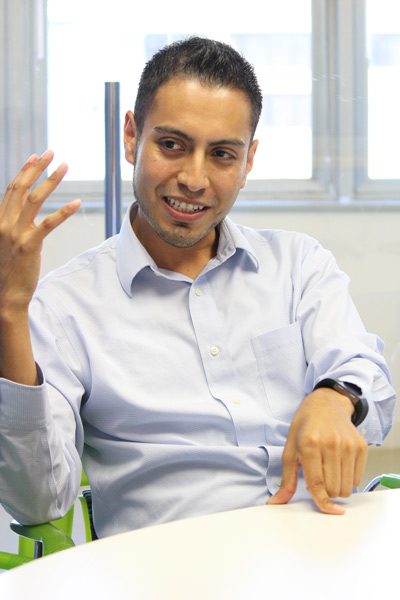
A plaque outside NCLR’s headquarters notes: “the belief that NCLR and its affiliates can, together, advance the Latino community is rooted in two traditions: American values of family, faith, and hard work, and the ideals of individual responsibility and equality of opportunity.”
There’s that word again – family – and it won’t be the last time it resonates today.
“I was born in central Mexico, and grew up separated from my parents until I was seven. I was finally able to be reunited with them thanks to NCLR’s work around immigration reform in the 1980s. I thank them for what I am and where I am today,” says Daniel. “When I continue to see families ripped apart by a broken immigration system and Congress’ failure to act, it encourages me to work harder. This is personal, it’s familia.”
It is 2:00 p.m. and Daniel joins the regional coordinator weekly video call. It has been almost a decade since NCLR President and CEO Janet Murguia spearheaded efforts to strengthen the NCLR affiliate relationship, invest in a range of resources to expand NCLR regional presence, and support affiliate capacity at the local level. Daniel and the rest of the affiliate member services team joining the video call are a product of this vision.
“D.C. is here,” says Daniel.
A brief competition ensues as to which regional office has the best weather this week—but it’s always hard to beat Miami. The meeting begins and Daniel has a whole new set of challenges and opportunities to face.
It is 5 p.m., 6 p.m. …Daniel’s afternoon stretches on. It is clear the day will be a long one. The good thing is this: from where he sits, it feels like home.
